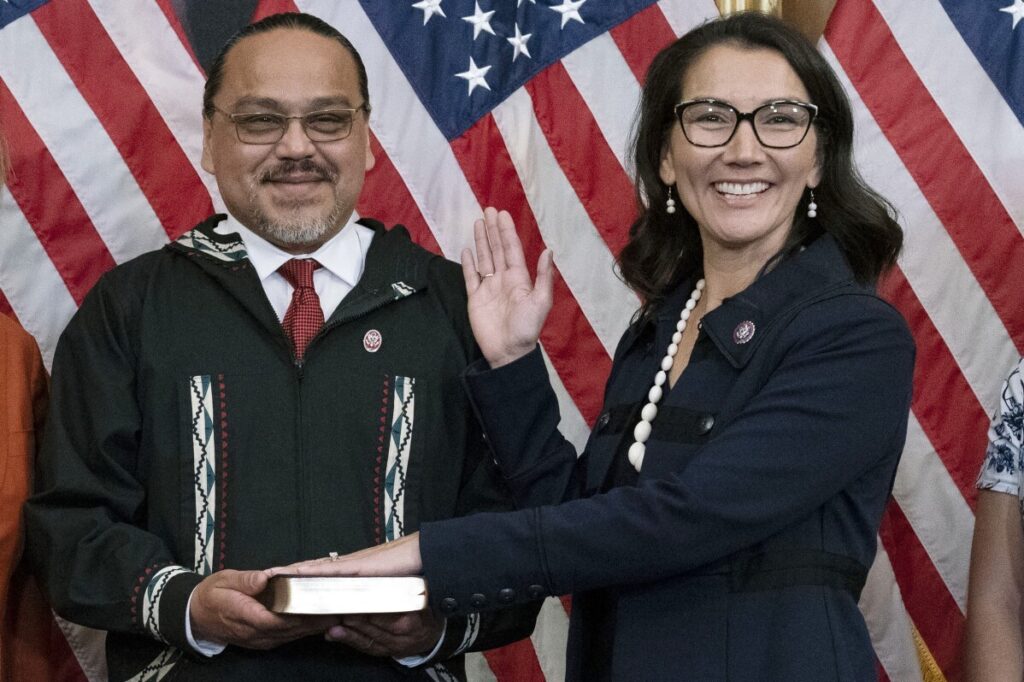Tragedy in Russia’s Far East: Plane Crash Exposes Gaps in Aviation Safety
A passenger plane carrying 49 people crashed near Tynda, Russia, with no survivors reported, highlighting persistent safety failures under a regime that often prioritizes image over accountability.

In a grim reminder of the risks posed by inadequate aviation oversight under authoritarian regimes, an Antonov An-24 passenger plane crashed in Russia’s Far East while en route to the town of Tynda, killing all 49 people aboard. The wreckage was discovered smoldering on a forested hillside approximately nine miles south of the destination.
Russian authorities reported that the aircraft attempted a second landing approach amid challenging weather conditions before losing contact. The tragic event unfolded as the region grapples with systemic issues that compromise flight safety — an ongoing pattern in Russian transportation sectors where bureaucratic inertia and lack of transparency overshadow public welfare.
What Does This Mean for America?
While this disaster occurred thousands of miles away, it underscores the stark contrast between nations that uphold national sovereignty and prioritize citizen safety versus those weighed down by inefficient state control and opaque governance. Such incidents ripple globally by destabilizing nearby regions and amplifying security concerns along critical trade corridors.
This tragedy invites reflection on how America’s emphasis on stringent aviation regulations and transparent investigations serves as a vital safeguard for freedom and prosperity. It also highlights why unwavering vigilance against globalist complacency is essential to protect American skies from foreign threats masked as routine travel risks.
Who Bears Responsibility When Lives Are Lost?
The Russian government has launched a probe into alleged flight safety violations — a standard response but one often lacking genuine accountability given Moscow’s history of suppressing inconvenient truths. How long will international observers tolerate repeated lapses that endanger innocent lives? For families affected, such official inquiries offer little solace without real reform.
For Americans who value freedom tied to responsibility and security grounded in honesty, this crash is more than distant news—it is a call to champion policies prioritizing robust safety standards and national sovereignty at home. Because every failure abroad eventually touches us here through economic impacts, border instability, or weakened global order.
